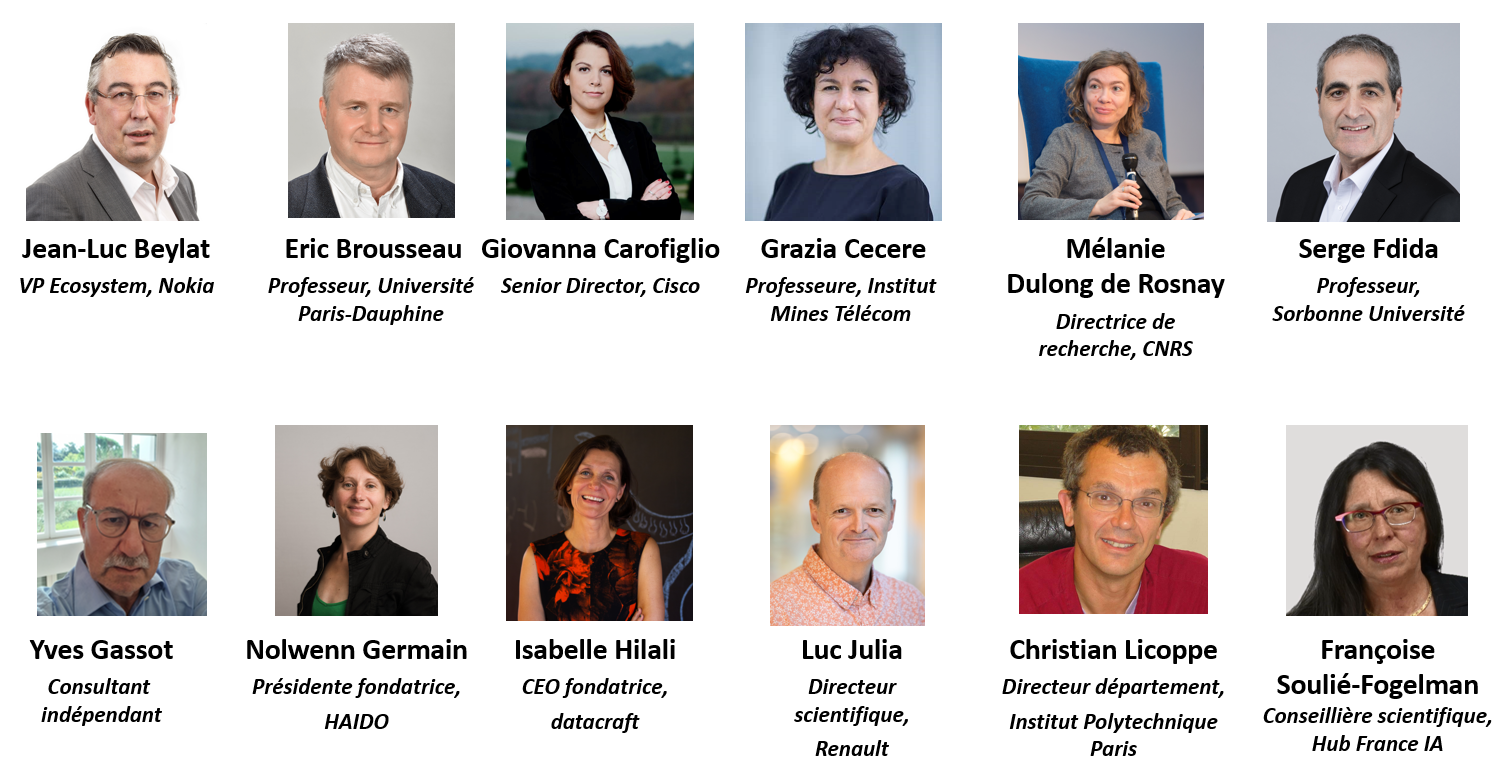After a first cycle that ran from 2018 to 2020, Arcep is resuming its cycle of inquiry on “Arcep and future networks”.
Arcep has assembled a new Scientific Committee to fuel its investigations into future networks.
Today, Arcep held a meeting of its new Scientific Committee. Its members will lend their expertise to the work of understanding how networks are likely to evolve over the next five to ten years. What shape might they take? What impact will they have on Arcep's job as regulator? What changes might we see in the players and the business models in the sectors regulated by the Authority?
The goal for Arcep is to prepare for upcoming challenges in regulating communications network, and to steer its actions accordingly.
By surrounding itself with experts from telecoms and other sectors of activity, with technical as well as economic and sociological backgrounds, Arcep is working to expand the points of view beyond purely technical expertise.
Alongside meetings of the Scientific Committee, Arcep also plans on engaging in a dialogue with a wide range of players: operators, equipment suppliers, service providers, internet companies, academics, etc.
Arcep will deliver an account of these discussions by producing thematic briefs that will be available to everyone, to help inform public debates.
The first two themes identified: IT’s role in telecoms networks and network resilience.
The first discussions of the “Arcep and future networks” Scientific Committee focused on:
- The role that IT plays in telecoms networks: with network virtualisation, the use of cloud computing and opening applications and interfaces via APIs, how will operators’ businesses change? Will operators’ service offerings evolve to reflect these changes, and how? And how will this affect individual and business customers?
- Network resilience: with the proliferation of new players involved in providing services, technological changes and the issues and challenges brought by climate change, how can operators prepare to handle future network failures? What are the main weak spots to tackle to avoid outages?
Other topics will be chosen for upcoming discussions.
Lastly, this is meant to be an open, lively and ongoing dialogue: Arcep invites anyone who wants to take part in these analyses to share their contributions on Arcep and future networks at: “reseaux-du-futur[a]arcep.fr”.

